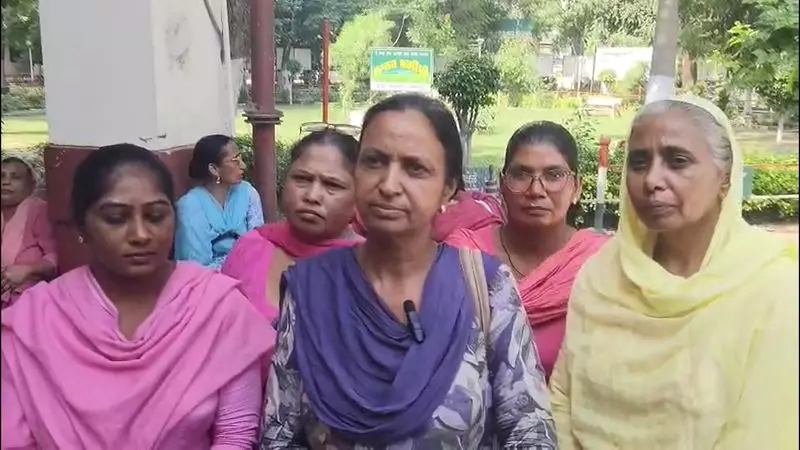
In a dramatic stand against what they call 'health hazard duty,' Accredited Social Health Activists (ASHA) in Faridkot district have launched vehement protests against being assigned stubble burning monitoring responsibilities. These frontline health workers, already stretched thin by their existing healthcare duties, are now raising alarm bells about the severe respiratory and health risks they face while policing farm fires.
The Price of Pollution Patrol
The protesting ASHA workers revealed they're being paid a meager ₹2,000 per month for these additional stubble monitoring duties - compensation they argue is completely disproportionate to the health dangers involved. "We're being exposed to toxic smoke and pollutants that directly impact our respiratory systems," stated one agitated worker during the protest. "For what? For ₹2,000? Our health is worth much more."
Caught Between Farmers and Administration
The situation places ASHA workers in an impossible position - tasked with reporting the very farming community they serve through their healthcare work. This has created significant tension between the workers and local farmers, undermining the trust relationships they've painstakingly built over years of community health service.
Multiple ASHA workers reported experiencing respiratory distress, burning sensations in their eyes, and persistent coughing spells after spending hours in smoke-filled fields documenting stubble burning incidents. Many worry about long-term health consequences from continuous exposure to hazardous air pollutants.
A System Under Strain
The protest highlights the growing crisis in Punjab's approach to tackling air pollution. Rather than implementing systemic solutions, the administration appears to be pushing the burden onto already overworked healthcare workers. ASHA representatives argue they lack proper protective equipment, training, and medical support to safely perform these environmental monitoring duties.
"We joined as health workers to serve our communities, not to become pollution police," emphasized another protester. "The government needs to find proper solutions rather than risking the health of its healthcare workforce."
Growing Resistance Across Districts
The Faridkot protest isn't an isolated incident. Similar discontent is brewing among ASHA workers across multiple Punjab districts where they've been assigned stubble burning monitoring roles. The movement appears to be gaining momentum as more workers recognize the health implications and inadequate compensation.
As the stubble burning season intensifies, the standoff raises critical questions about how India balances environmental concerns with worker safety and fair compensation. The outcome of this protest could set important precedents for how frontline workers are deployed in environmental protection efforts nationwide.





